$822.5 Mn
Market Size
3.67%
CAGR
$1058 Mn
Forecast

*Note: Name, Email and Phone Number are mandatory.

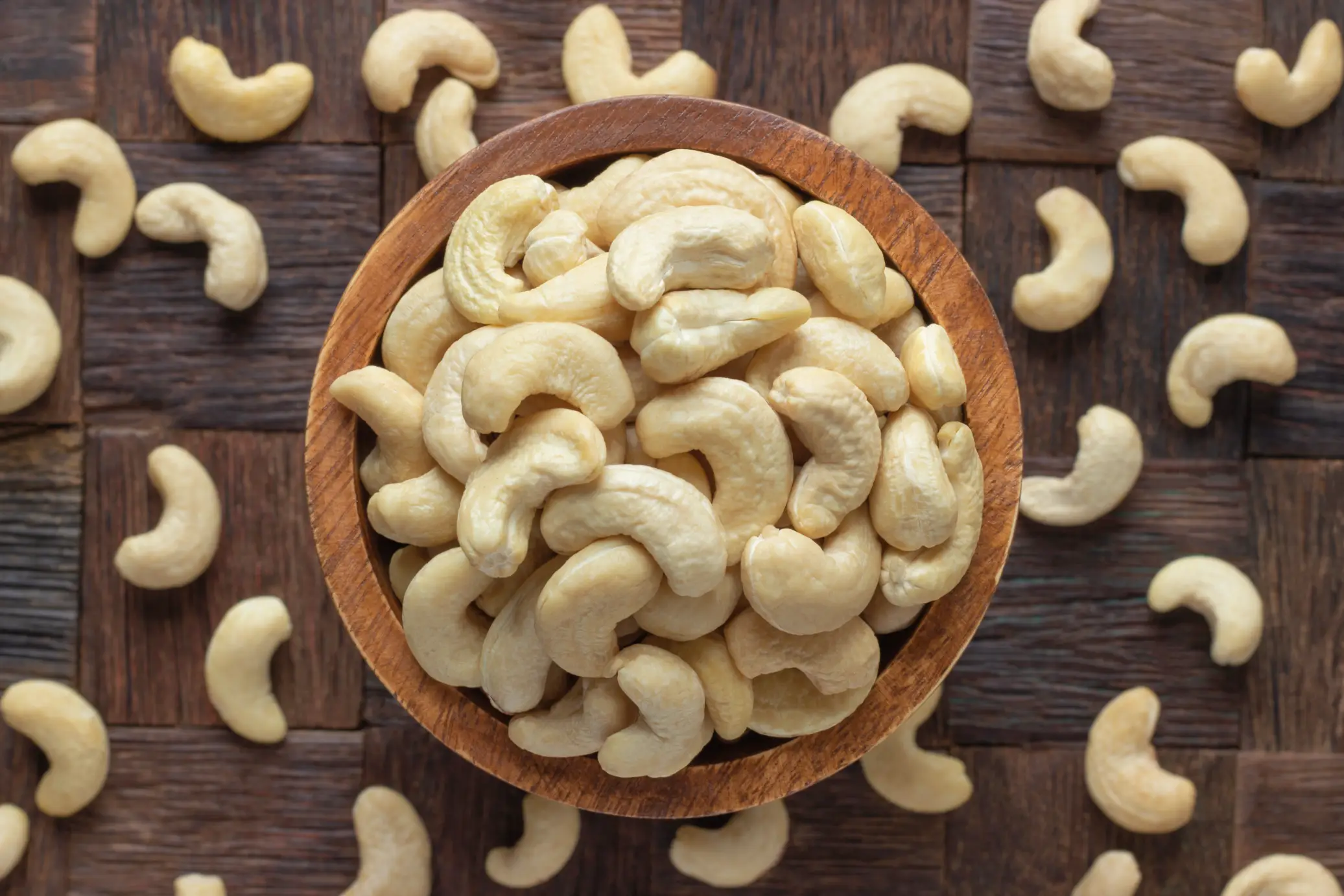
Africa leads the global cashew market, supplying approximately 60% of raw cashews worldwide. Yet, only about 15% of these cashews are processed locally, leaving significant untapped potential. By investing in cashew processing within Africa, investors can unlock a higher ROI and export value.
Africa leads the global cashew market, supplying approximately 60% of raw cashews worldwide. Yet, only about 15% of these cashews are processed locally, leaving significant untapped potential. By investing in cashew processing within Africa, investors can unlock a higher ROI and export value.
$822.5 Mn
Market Size
3.67%
CAGR
$1058 Mn
Forecast
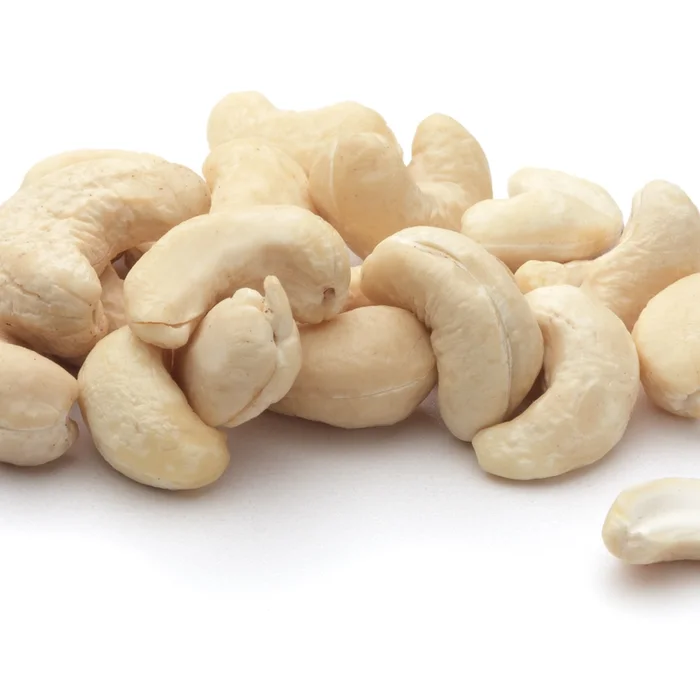
Cashew Kernel
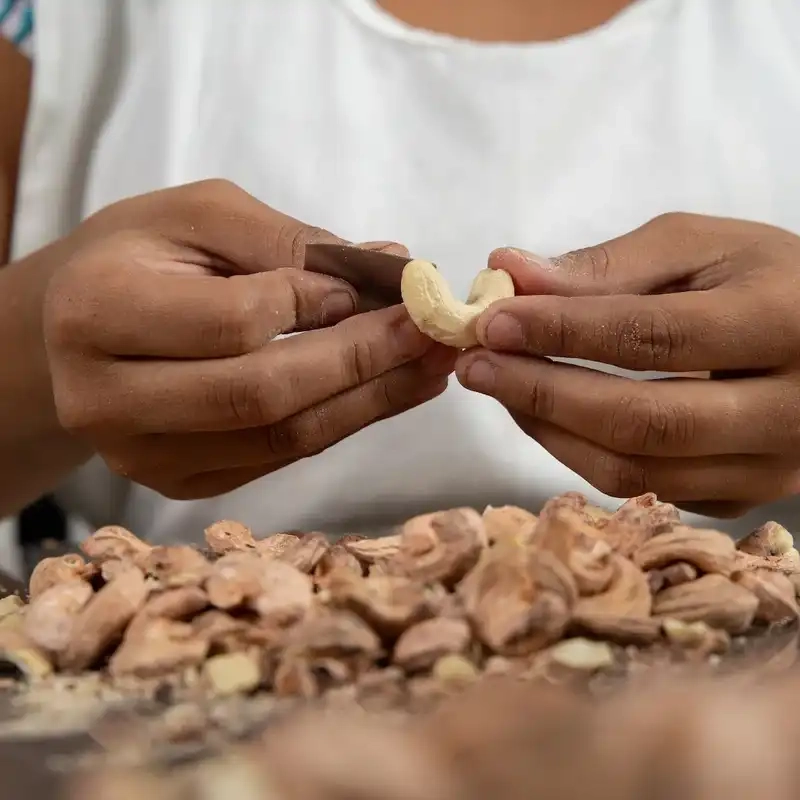
Cashew Value-Add (Salted, Roasted, Flavoured)

Cashew Milk

Cashew Powder

Cashew Peels, Testa or Husk
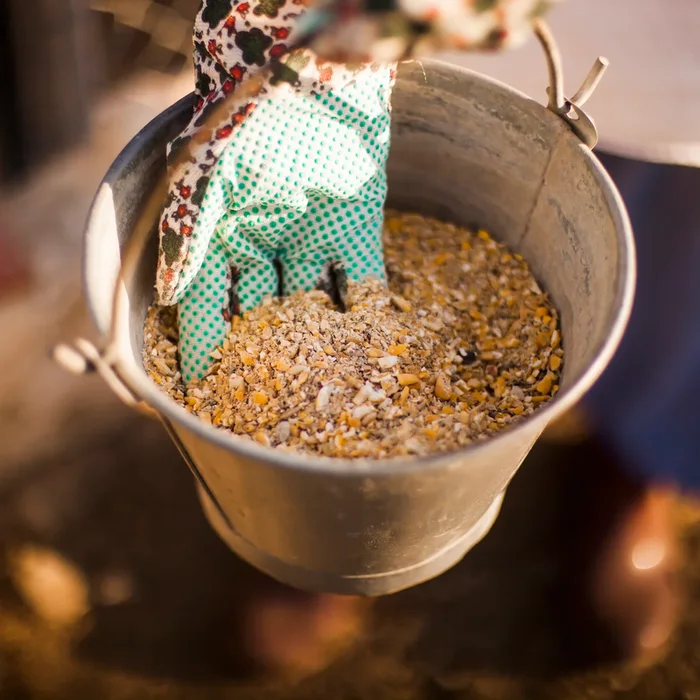
Cashew Livestock Feed

CNSL Oil (Cashew Nut Shell Liquid)

Cashew Charcoal

Cashew Dust Fuel
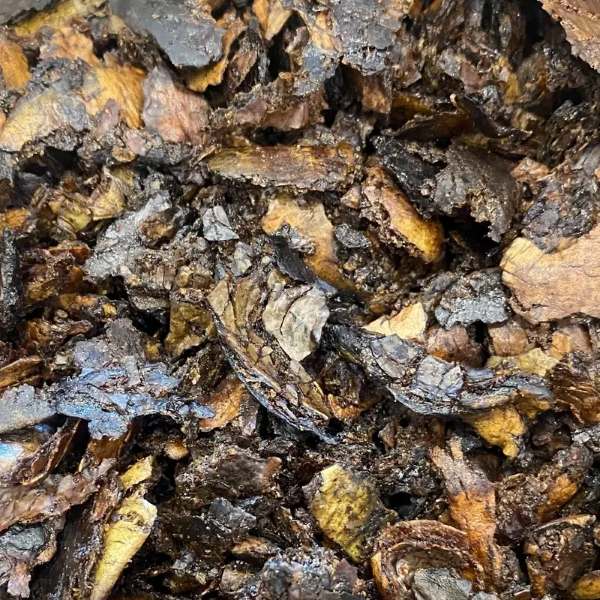
Cashew Shell Cakes
5.2Mn Metric Tons
annual production of cashew globally (2023 Data)
60%
of world's raw cashew comes from Africa (approx 3.2Mn Metric tons)
85%
raw cashew exported from Africa annually
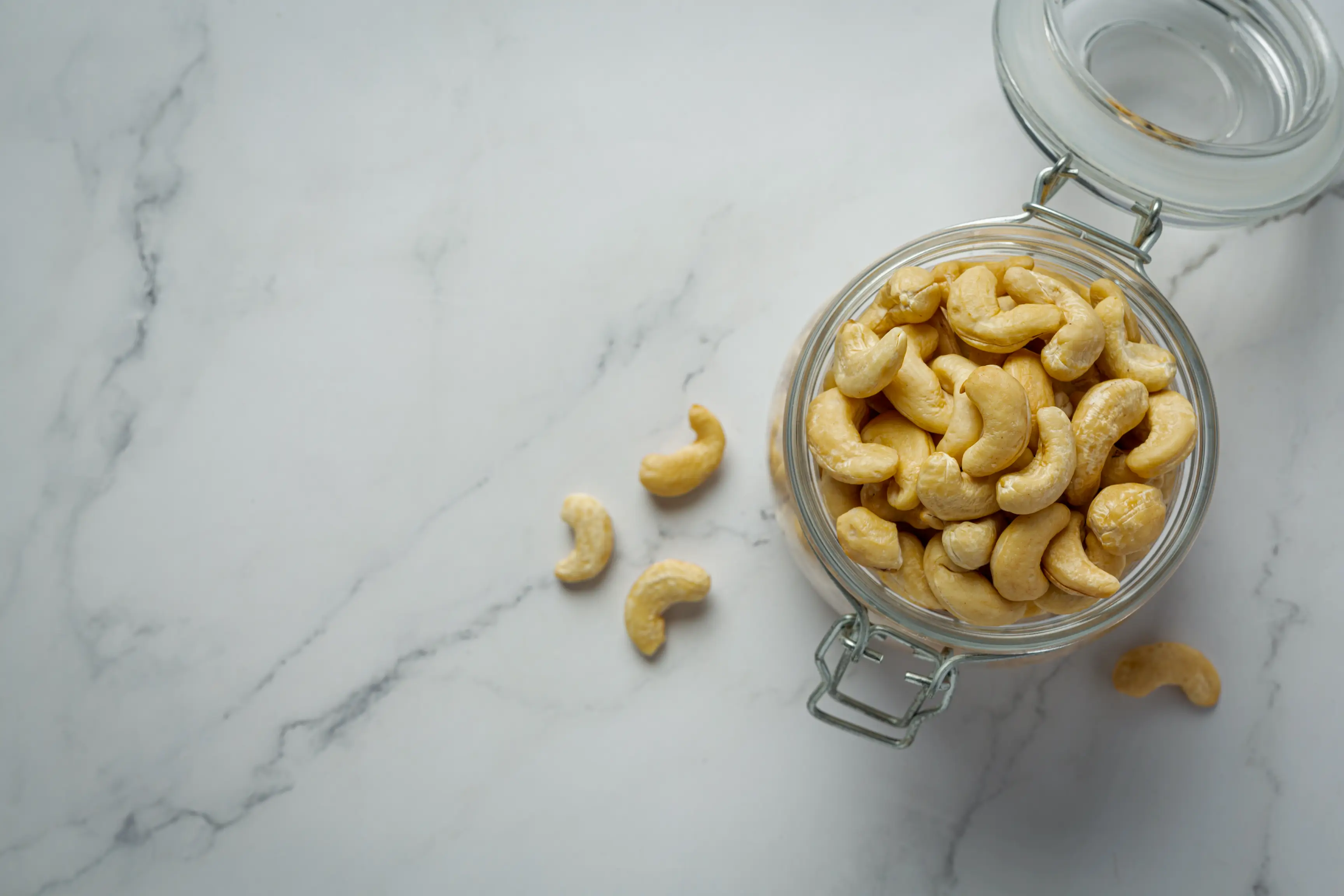


The Glo-Djigbe Industrial Zone (GDIZ) is located just 45 km from Cotonou and is dedicated to the local transformation of agricultural product including cotton, cashews, pineapples, shea nuts and soybeans, among others.

Industrial Platform Remo Free Zone (IPRFZ) is a Public-Private Partnership of ARISE IIP and the Ogun State Government in Nigeria. Focus is on maximizing the local resource production, efficiency & cost.

Plateforme Economique Industrielle d'Abidjan (PEIA), is a Public Private Partnership (PPP) between Arise IIP and the Republic of Cote d'Ivoire, spread over 440 Ha at PK-24 (24 KM from the economic capital of Abidjan). The Government's objective for setting up an Industrial Zone with Arise IIP, is to promote the manufacturing growth of CIV and to ensure the processing of the abundant agricultural commodities.
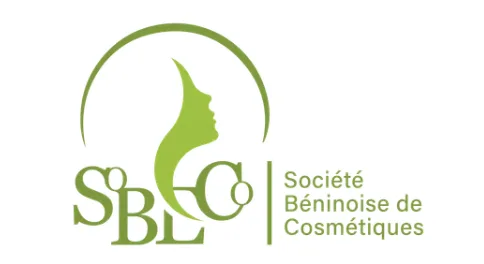
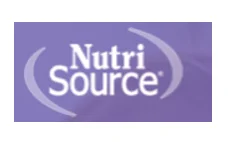




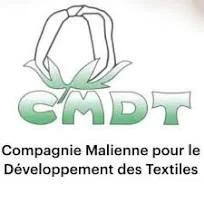

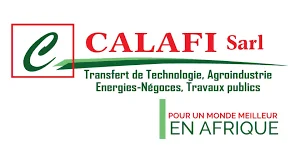


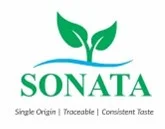
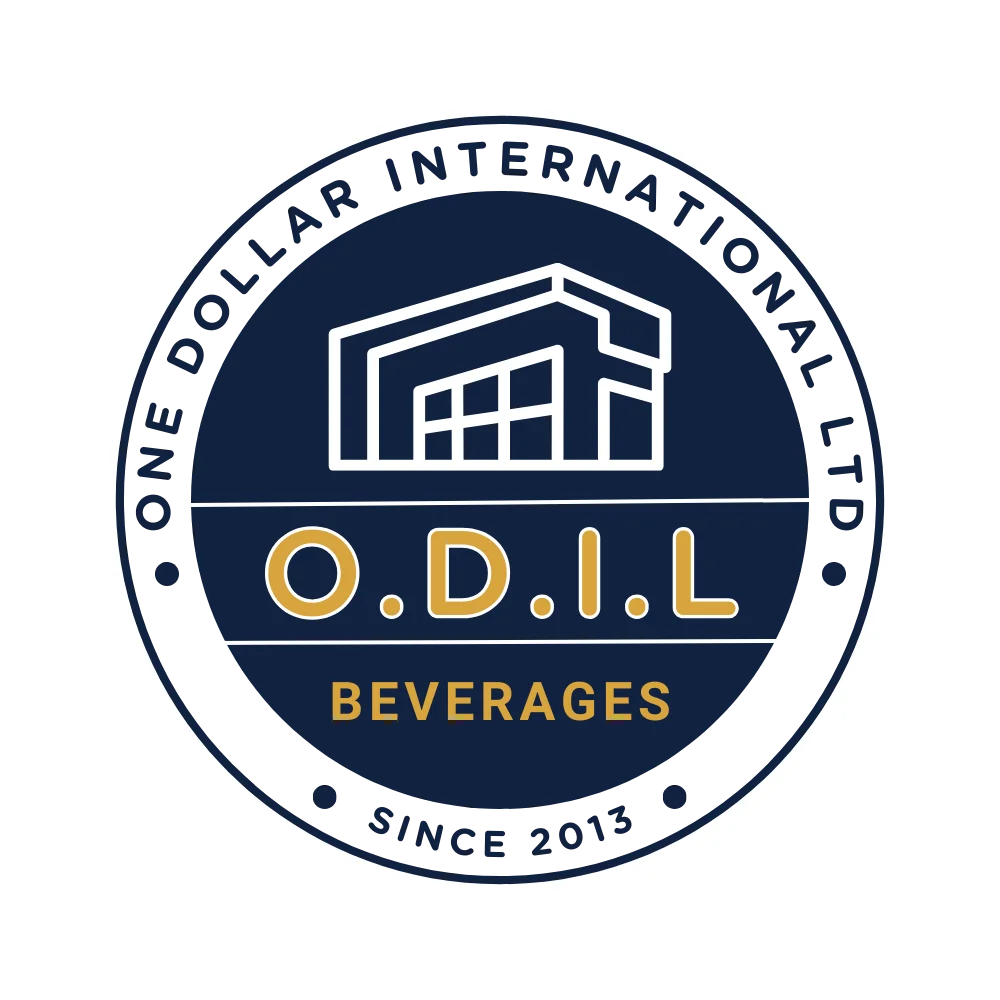
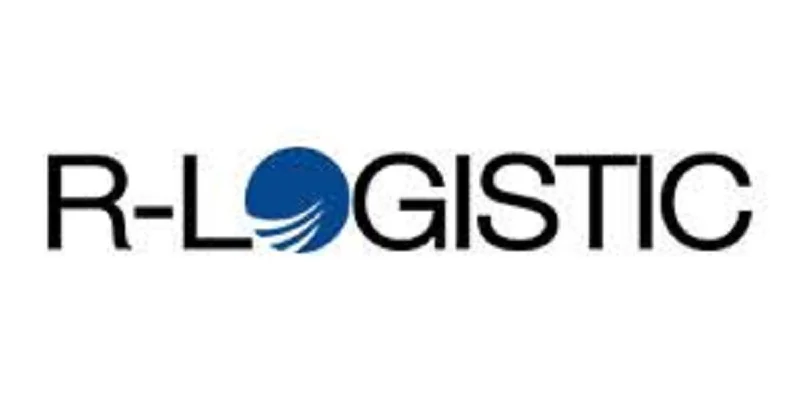

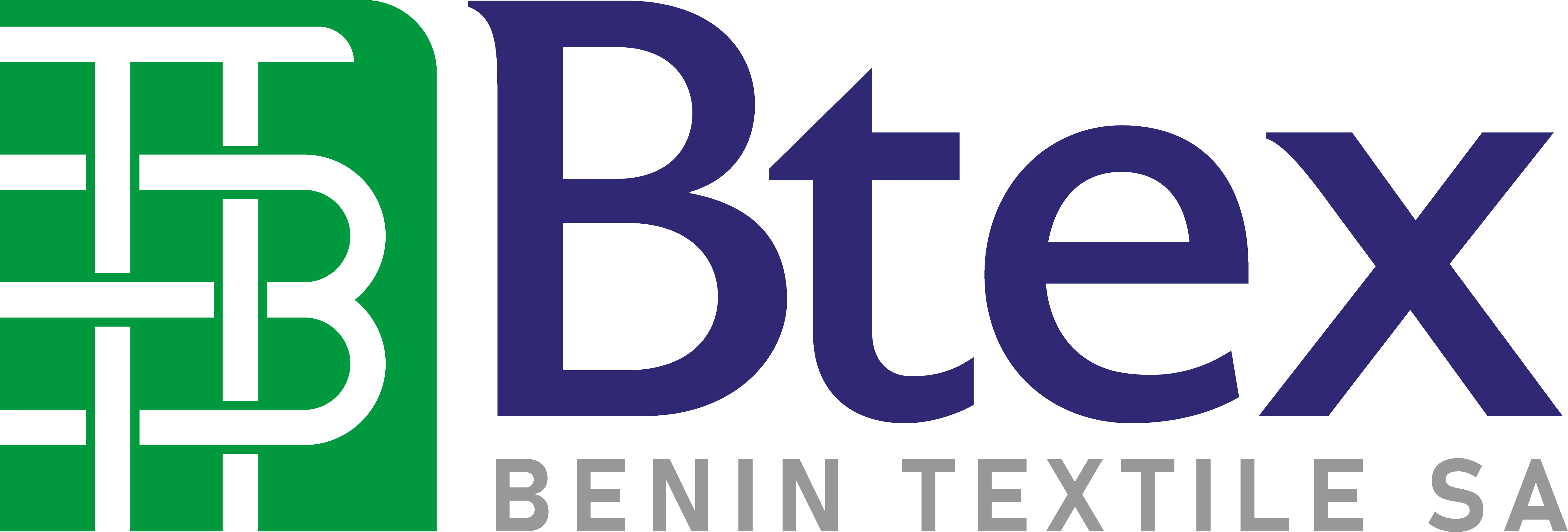
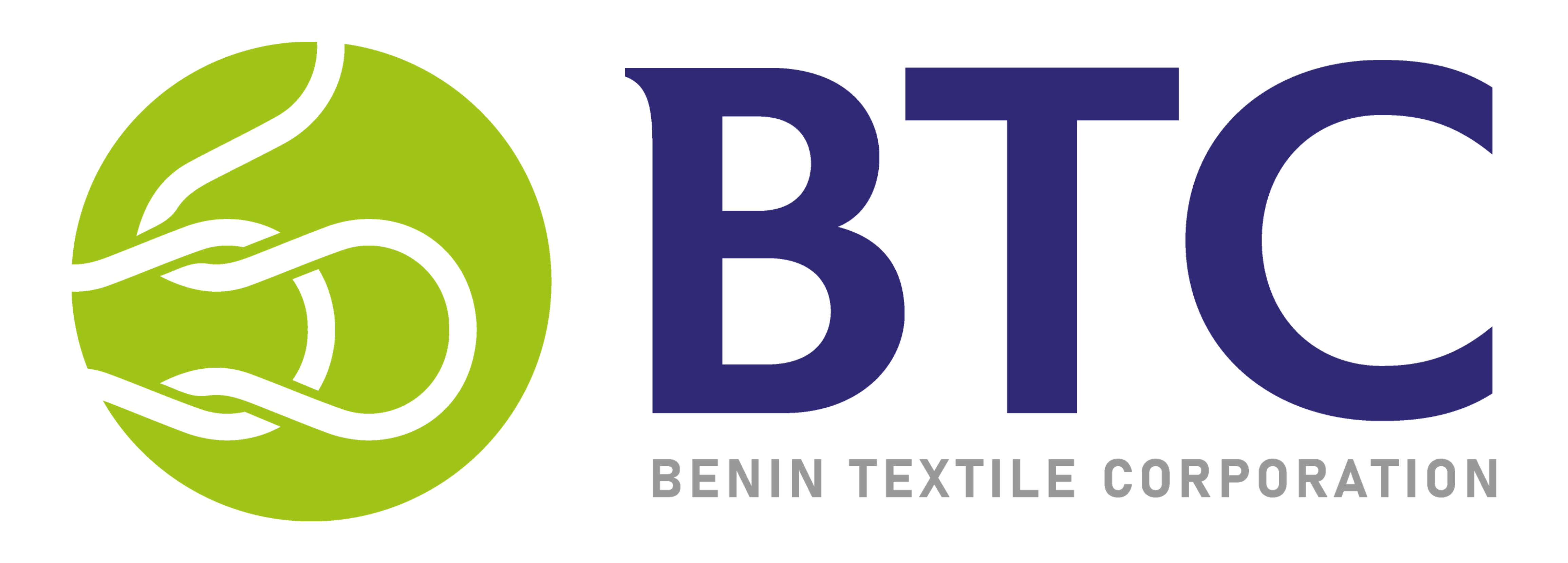

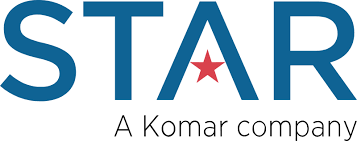
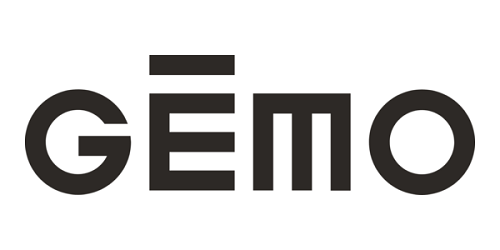

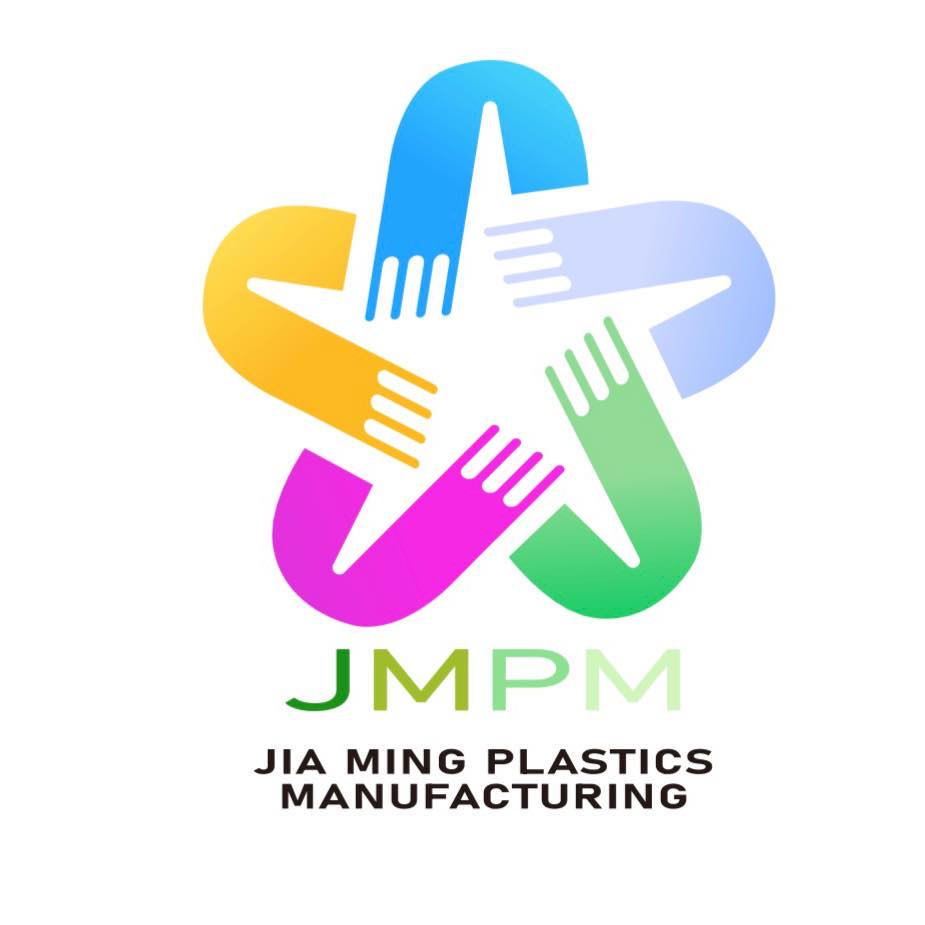


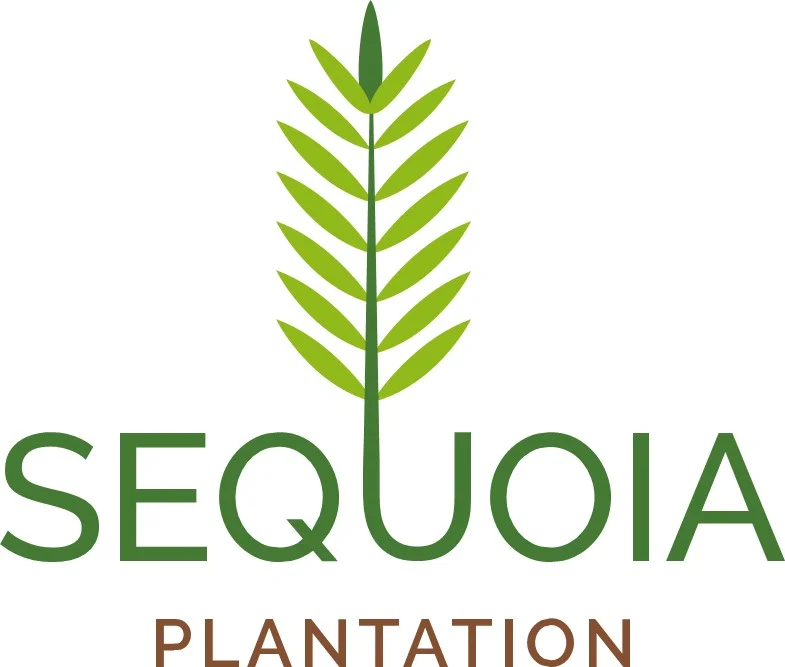
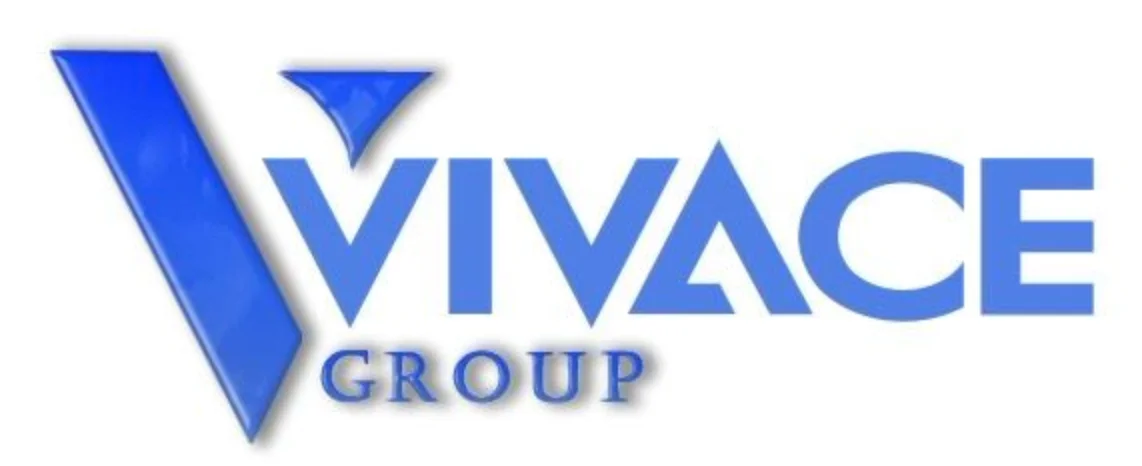
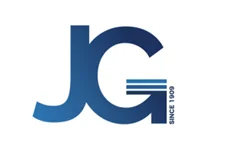
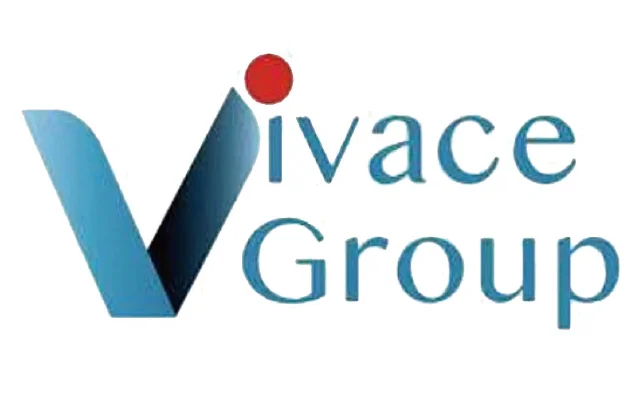

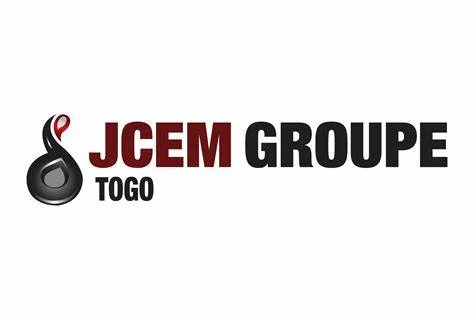
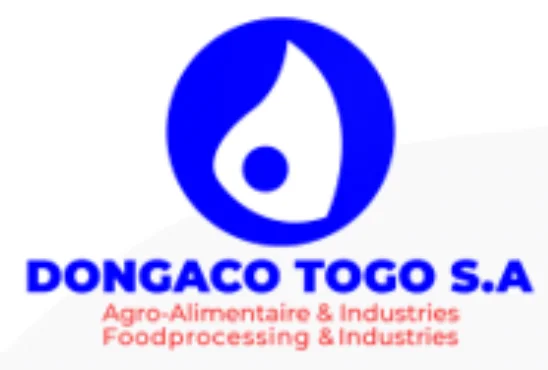













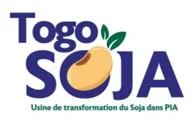
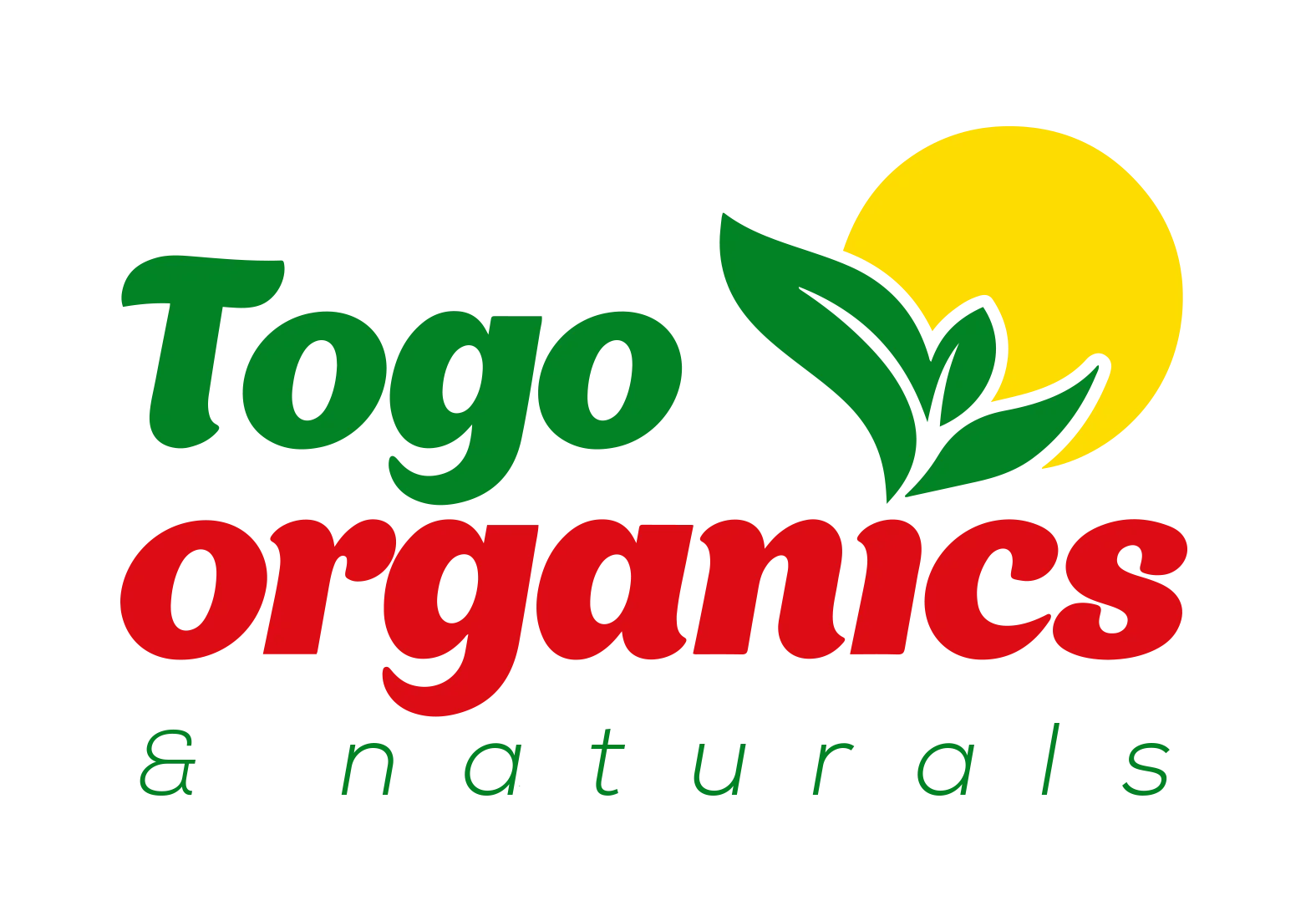
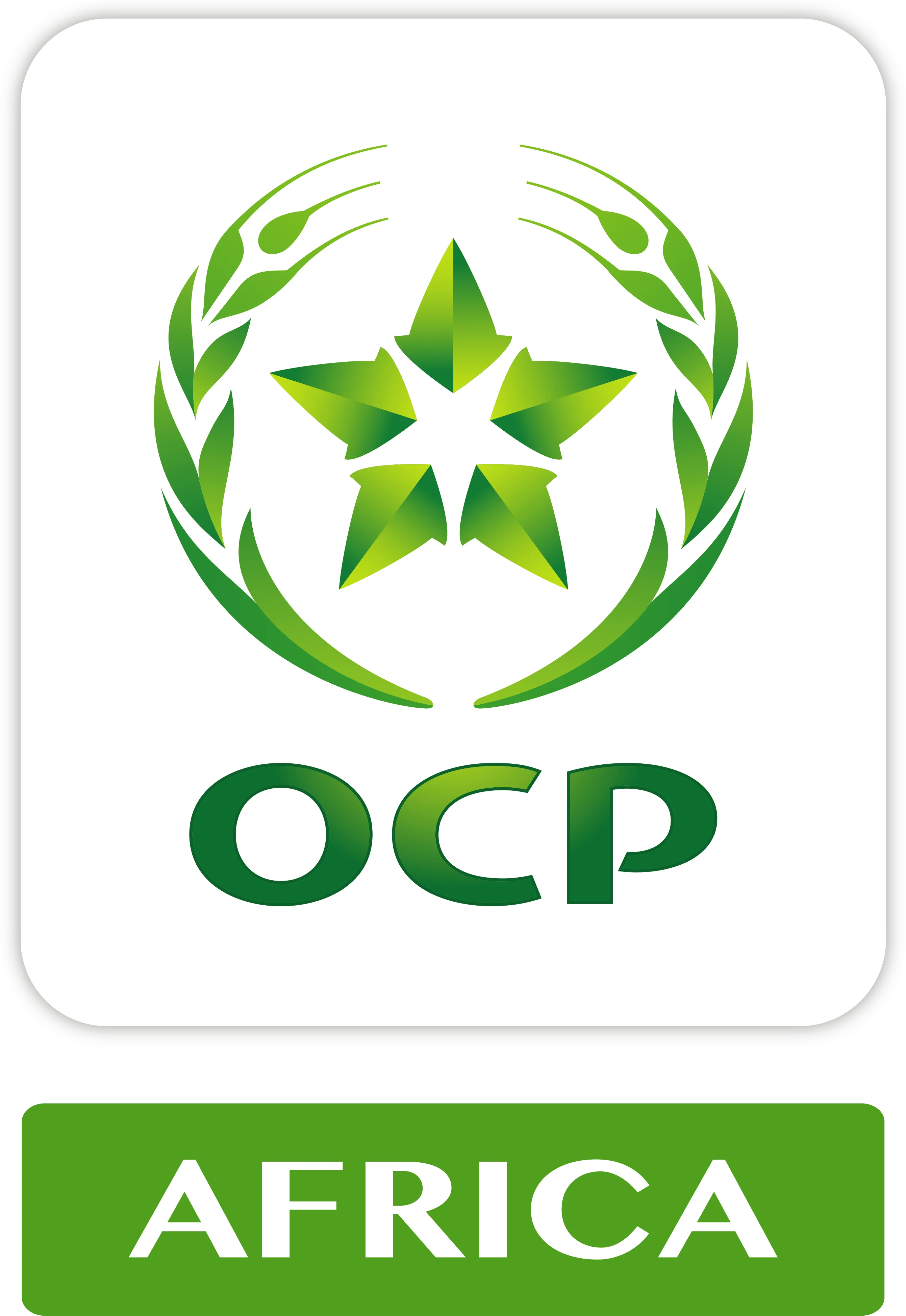
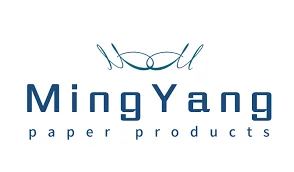

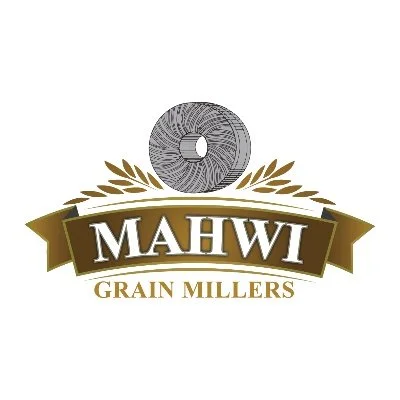







Dec. 27, 2024
Why Middle East Investors Should Bet Big On Africa's Cashew Processing Industry?
Dec. 18, 2024
Cashew Processing Business Opportunities in Africa: Capitalize On The High ROI Cashew By-Product Markets

Industry Overview
Profitability & Value Chain Opportunities
Market Trends & Demand Evolution
Geo Comparision
Africa Industry Insights
Compare
Dear investor, please compare similar category items- either Locations or Opportunities.
*Already subscribed.
*Enter your name/email.

Sign up for exclusive investment alerts.
Already subscribed? Skip
Thank You For Subscribing to
Africa For Investors.

You will be redirected to AFI’s Linkedin Profile in 10 seconds.
Stay On AFI Website